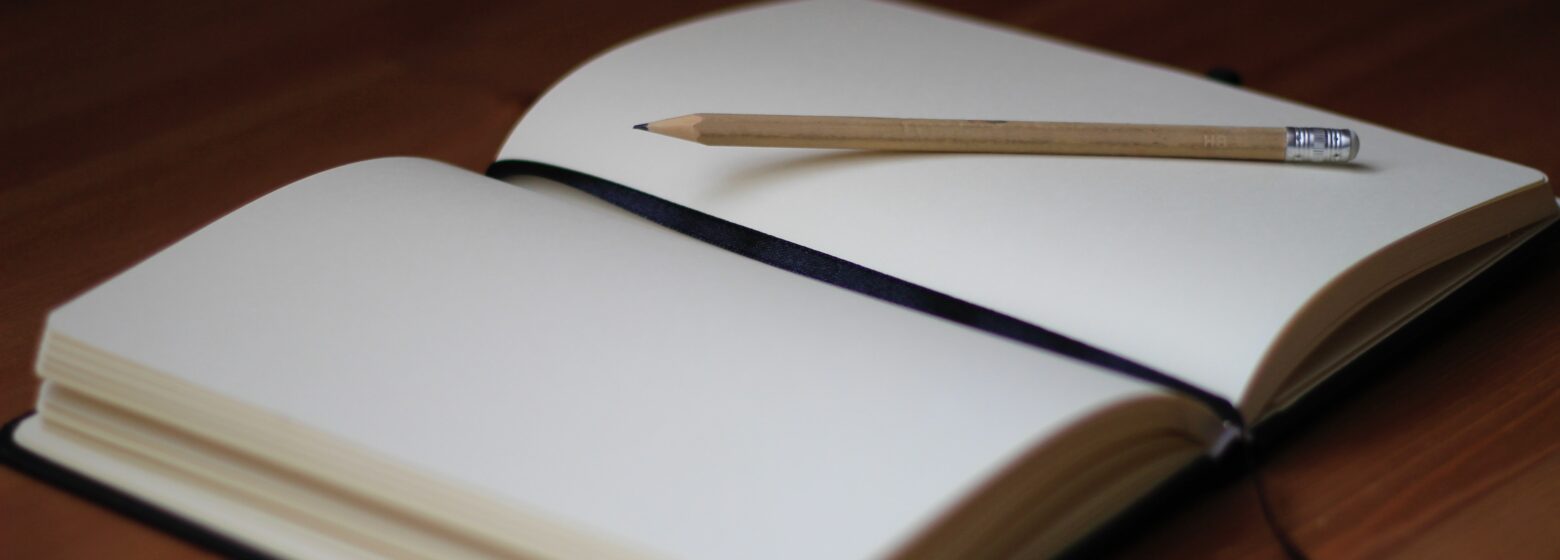In life, there will always be hardships. Rather than shielding children from these hardships, we want to ensure that we, as a school, have educated children with strategies so that they feel stronger when they inevitably have to face them.
The former Chief Operating Officer for Facebook, Sheryl Sandberg, spoke at the 2016 graduation ceremony at the University of California and said, “Finding gratitude and appreciation is the key to resilience.” Her friend, the psychologist Adam Grant, helped her understand that just like a physiological immune system, the brain has a psychological immune system which can be ‘kicked into gear’.
This is not a new concept and something which I have been increasingly interested in. A few years ago at Dulwich Prep London, we had a memorable speaker address all staff on the topic of empathy and explain that no empathetic statement ever began with the word ‘but’. I am sure we can all recall a colleague, friend or family member who responded to a particular personal hardship with, “but at least…”. Whilst the intention was to be empathetic and to perhaps make you feel more resilient, it rarely (if ever) succeeds. This is not, however, to say that the idea of trying to build resilience is wrong. In fact, this returns to Sheryl Sandberg who, after facing a life-changing event, was encouraged to reflect on how it could be worse. Whilst perhaps initially counter-intuitive, it provoked her to appreciate and recognise what she was grateful for.
Keeping a gratitude journal has received a lot of traction in recent years and rightly so. Not only does it help us appreciate what we have by shifting our focus away from what we think we might need (one of my favourite quotes of all time is ‘comparison is the thief of joy’ by T. Roosevelt), but it also helps us build resilience by quite literally building a bank of statements of all the good in our lives.
In Early Years, a gratitude journal may be a stretch too far (but certainly not for our staff) so how can we start to build the principles of gratitude into our daily practice in the hope that we can reap the benefits of building resilience? In short, the answer is finding opportunities to shift thoughts onto what children like about their day, week or even life in general. For example, when we shake hands each morning after praising for being (see article here on why this is important), we might ask how the cycle/walk/scoot into school was. More often than not it was ‘great’ and that is exactly what I sometimes write in my gratitude journal (for example today I wrote: great cycle into school today, I managed to catch all the green lights…). Other opportunities come throughout the day, “what was the tastiest part of lunch?” or “who did you enjoy playing with at breaktime?” Finally, my favourite question at the end of the day is, “what was the highlight for today?”
The joy in making this part of your everyday is that it is simple. Nevertheless, despite its simplicity, we should not underestimate the habit we are forming in the child in reflecting on the good of each day. It is, perhaps, little surprise that the Jubilee Centre Framework for Character Education in Schools concluded that Gratitude is an important part of moral virtue and a reason why Dulwich Prep London adopted it as one of its core Values.
As stated in the first sentence, bad days will inevitably occur, but building a habit of gratitude will help children (and adults) become more resilient to those challenges and therefore, in turn, support that all-important, and much desired healthy wellbeing.
by Dr Christopher Halls, Head of Early Years


